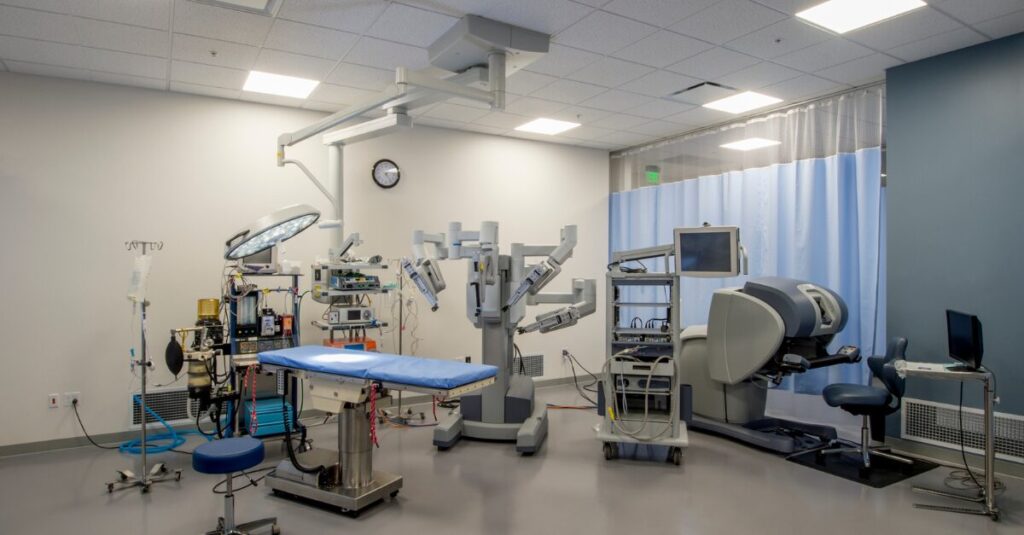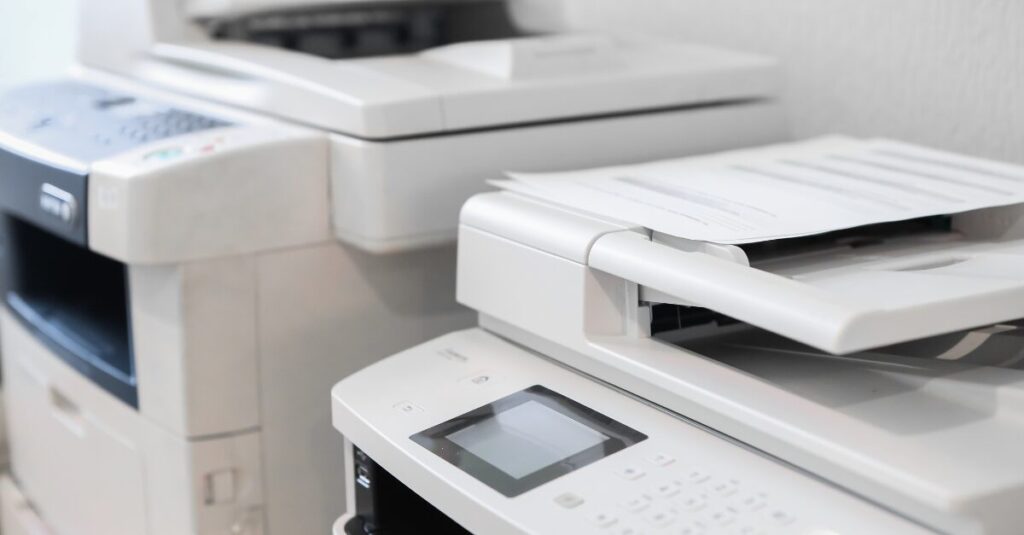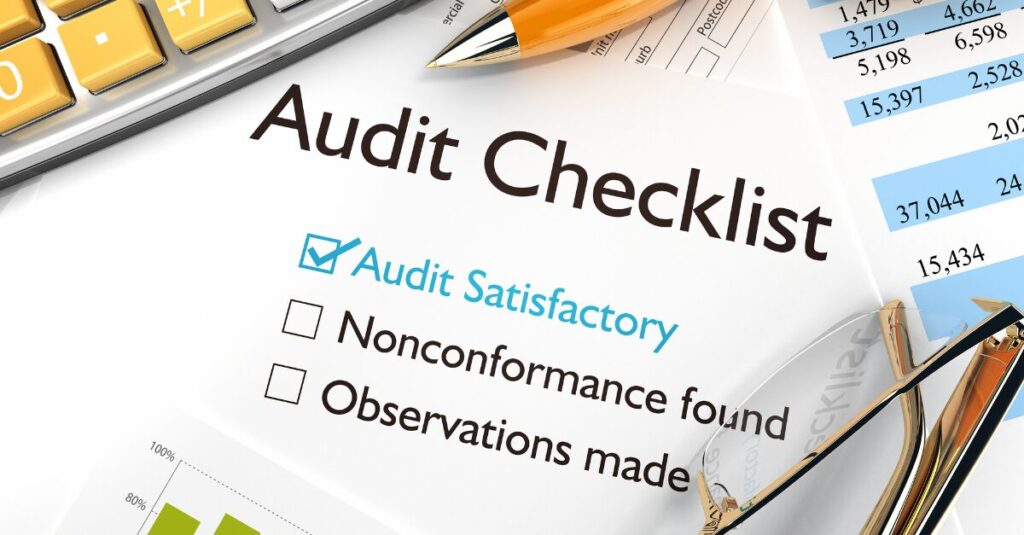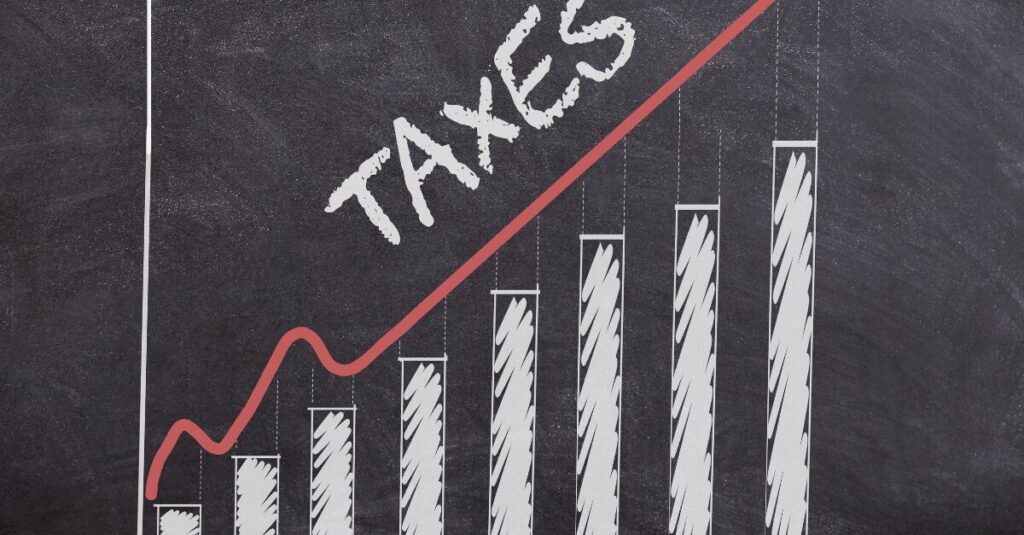Timing, Taxes and Texas Property Tax Appeal Options
Business Personal Property Tax
Timing, Taxes and Texas Property Tax Appeal Options
Mastering property tax management is crucial for Texas business owners, as the process can lead to significant financial benefits. This guide focuses on business personal property (BPP), a key factor that can affect property tax liabilities.
We’ll provide a clear walkthrough of the essential steps for accurately assessing BPP and outline Texas property tax appeal options available if you are being overcharged.
By fully understanding these processes, you can potentially reduce your property tax expenses, freeing up more resources to reinvest in your business.
Understanding Texas Property Taxes
According to the Texas Taxpayers and Research Association, “Texas is a low tax state for individuals and a high tax state for most businesses.” It also noted, “Texas’ effective tax rate on businesses is 5.6% — well above the national average of 4.7%, and ranking us 11th highest among the states.”
These statistics highlight the burden that Texas property taxes can impose on businesses, emphasizing the necessity for diligent tax management.
Understanding the composition of these taxes, including commercial real estate and business personal property (BPP), is the first step toward ensuring you don’t overpay.
This blog focuses on business personal property. Get more information on commercial real estate property tax appeals here.
Knowing how your properties are assessed can help you determine if you face higher tax burdens and subsequently take informed steps to mitigate these costs.
What is business personal property (BPP)?
Business personal property includes assets within a location that are tangible and movable, such as office equipment, manufacturing machinery and software. These assets can depreciate rapidly, and their market value can be challenging to estimate, making accurate tax assessment a primary concern for businesses aiming to minimize their tax liabilities.
For federal purposes, the following items are depreciated as follows:
- Three-year properties: tractors, tools and some livestock.
- Five-year properties: computers, office equipment, cars, light trucks and construction assets.
- Seven-year properties: office furniture, appliances and most other properties, which are not otherwise categorized.
Local assessors will use their own depreciation schedules or schedules mandated by their state property tax department.
Common reasons why your BPP tax could increase:
- If a company buys a lot of equipment during the previous year.
- If, during an audit, a piece of equipment is discovered or erroneously not reported on your submitted annual business listing.
- When an auditor moves assets to a longer-lived, slower-depreciating table.

Texas Property Tax Appeal Proceedings and Outcomes
If you believe there is enough reason to dispute the assessed value of your property, consider filing an appeal.
Here’s a detailed breakdown of how to protest property tax in Texas, divided into clear sections to help you manage each phase effectively.
Initial Filing of the Protest
To begin your property tax protest, submit a notice of protest form to your local county appraisal district.
According to the Texas Comptroller, this document is essential and typically due on May 15, or 30 days after you receive the notice of appraised value, whichever is later.
Ensure you meet the deadline so you have the right to challenge the assessment.
Informal Negotiation
The next step in the appeal process is an informal hearing with a staff appraiser at the appraisal district office. This meeting is a less formal opportunity to argue your case.
You can present documents with additional information like depreciation studies, estimated life guidelines and comparable sales or listings. The goal is to prove that the appraised value of your property has been set too high.
Formal Hearing
If the informal negotiation does not adjust the valuation to your satisfaction, the next step is a formal appraisal review board hearing.
Prepare for the county appraisal review board (ARB) hearing — it’s more structured and formal, where the board members will review your case and decide.
Judicial Appeal
Should the ARB’s decision still not be in your favor, you have 60 days from the decision date to appeal to the state district court.
The Texas property tax code governs this part of the property tax appeal process and typically involves more complex legal procedures.
Send your appeal documents via certified mail to ensure proof of delivery and compliance with legal standards.

The "Second Chance" 25.25 Appeal
If you believe there is enough reason to dispute the assessed value of your property, consider filing an appeal.
Here’s a detailed breakdown of how to protest property tax in Texas, divided into clear sections to help you manage each phase effectively.
Initial Filing of the Protest
To begin your property tax protest, submit a notice of protest form to your local county appraisal district.
According to the Texas Comptroller, this document is essential and typically due on May 15, or 30 days after you receive the notice of appraised value, whichever is later.
Ensure you meet the deadline so you have the right to challenge the assessment.
Informal Negotiation
The next step in the appeal process is an informal hearing with a staff appraiser at the appraisal district office. This meeting is a less formal opportunity to argue your case.
You can present documents with additional information like depreciation studies, estimated life guidelines and comparable sales or listings. The goal is to prove that the appraised value of your property has been set too high.
Formal Hearing
If the informal negotiation does not adjust the valuation to your satisfaction, the next step is a formal appraisal review board hearing.
Prepare for the county appraisal review board (ARB) hearing — it’s more structured and formal, where the board members will review your case and decide.
Judicial Appeal
Should the ARB’s decision still not be in your favor, you have 60 days from the decision date to appeal to the state district court.
The Texas property tax code governs this part of the property tax appeal process and typically involves more complex legal procedures.
Send your appeal documents via certified mail to ensure proof of delivery and compliance with legal standards.

Case Study: Dallas Hospital
In our work with Dallas Hospital, we tackled the challenge of accurately assessing and appealing their business personal property taxes.
Here’s a detailed look at how we approached this situation and the successful outcomes we achieved for our client:
Summary
The hospital’s asset listings included high-technology medical equipment incorrectly classified, affecting the depreciation schedules and taxable values.
PVS meticulously reviewed and reclassifed these assets, distinguishing between tangible and intangible components.
By preparing a detailed personal property rendition, PVS identified specific components as intangible or non-taxable, which favorably altered the depreciation schedule and reduced the taxable base.
Results
This strategic reclassification and negotiation with the tax authorities resulted in more than $244,000 in property tax savings for the hospital, underscoring the effectiveness of PVS’s specialized approach to property tax appeals.
If you suspect your business’s BPP might be overvalued or need guidance on any aspect of Texas property tax appeals, don’t hesitate to contact PVS.
Our team is ready to analyze your situation and potentially save you significant taxes.
Property Valuation Services for Hassle-free Texas Property Tax Appeal
PVS has extensive experience navigating the intricacies of property tax litigation, particularly with BPP in Texas.
Through strategic assessments and negotiations, PVS has secured significant tax reductions for our clients.
Understanding and actively managing BPP’s appraisal and appeal processes can lead to substantial savings and a more accurate reflection of your property’s value.
Texas business owners should engage proactively with property tax professionals to ensure unjust tax assessments do not overburden them.
If you’re facing uncertainties about your BPP assessments or wish to discuss potential Texas property tax appeals, we’re happy to help you.
Contact PVS today for a personalized consultation to explore your property tax reduction strategies.
Frequently Asked Questions
Can leased or rented equipment be taxed as business personal property in Texas?
Yes. In many cases, leased equipment is taxable, but who is responsible for paying the tax—the lessee or the lessor—depends on the lease agreement and local regulations.
How far back can I appeal or correct a business personal property tax error in Texas?
Under Section 25.25 of the Texas Tax Code, certain corrections can be made for up to five years if errors or inaccuracies in valuation are discovered.
What types of businesses in Texas are most affected by business personal property taxes?
Industries with substantial equipment, machinery, or technology—such as manufacturing, healthcare, and construction—tend to have the highest BPP tax burdens due to the volume and value of taxable assets.

Chip Saam

Texas business owners should engage proactively with property tax professionals to ensure unjust tax assessments do not overburden them.
Recent Posts
Timing, Taxes and Texas Property Tax Appeal Options Read More »
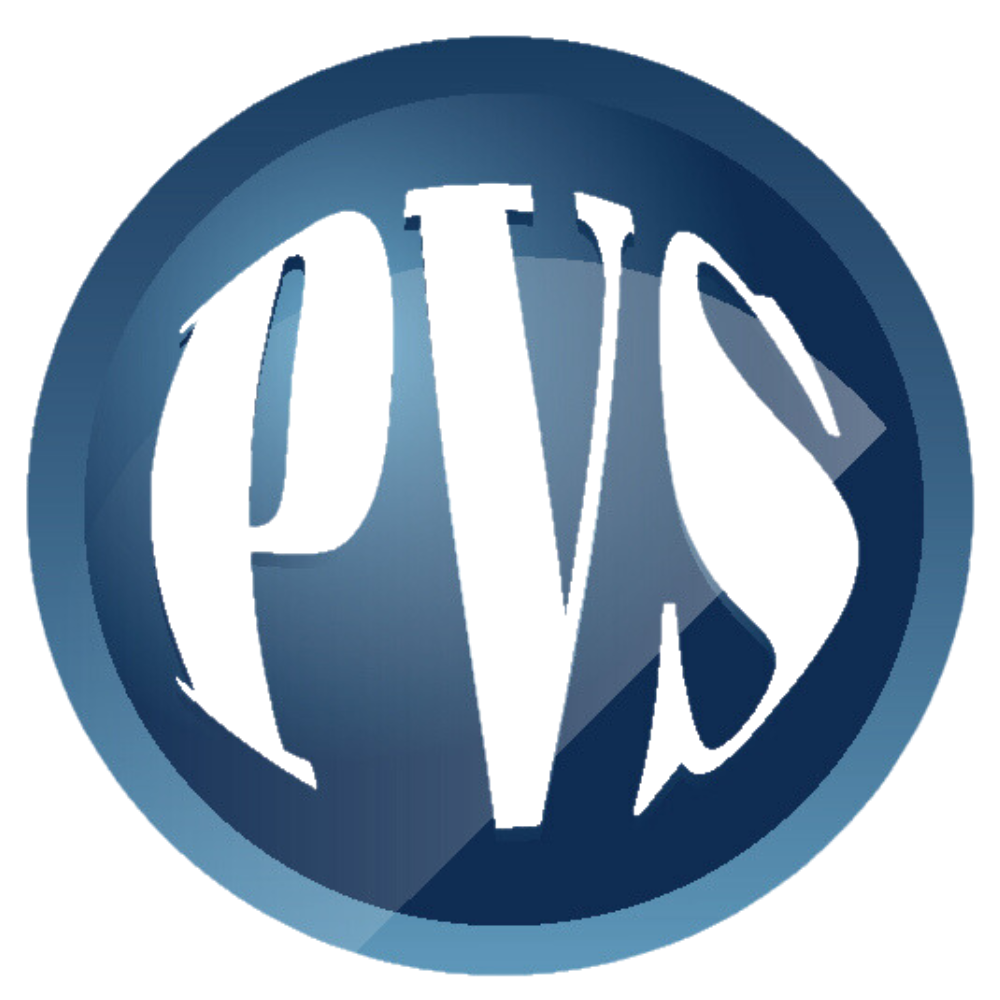

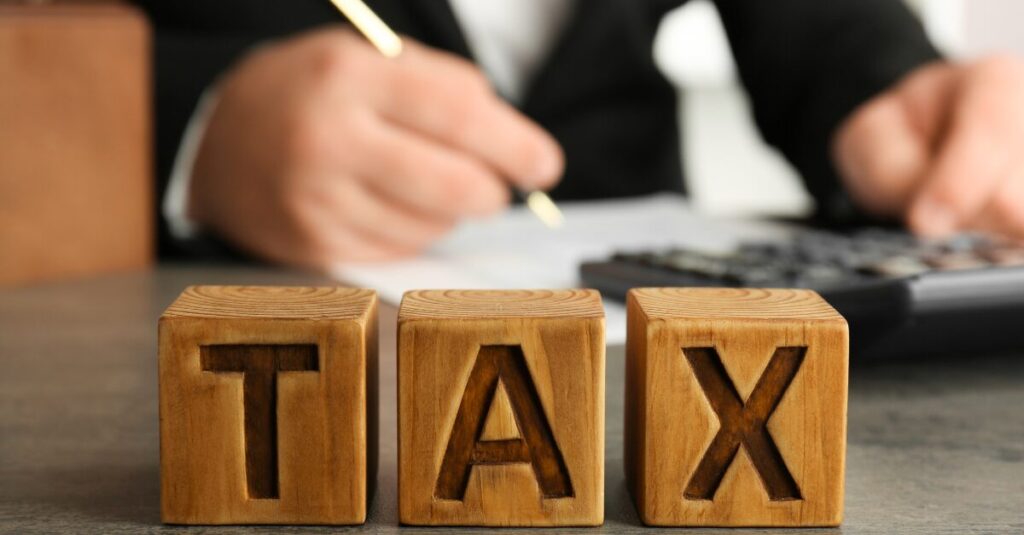



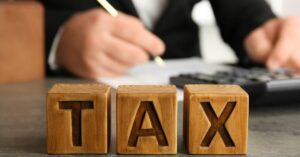


 What are the steps in filing a business personal property tax protest?
What are the steps in filing a business personal property tax protest? Tangible Business
Tangible Business 


